August 30, 2018
In typical fashion, the good people of Czechia have grabbed the old, unnecessary, machinery of the Communist era and made it their own. Whereas in industrial Ostrava they recast the steel works into a nightclub, in Opatovice, they have taken an abandoned quarry and transformed it into a bathing pool. On a weekend towards the end of August, after weeks and weeks where day after day breached 30 degrees, the locals gloriously and unashamedly strip off and dive into the emerald water.
I watch as a young man jumps off a high ledge and plunges into the waters below. He seems happy, ecstatic even, and blissfully unaware, or uncaring, of any potential dangers that lay beneath. It’s a leap of faith, albeit one that hundreds of people before him have made.
I feel quite parental. It’s a universal law: parents, leaders, and teachers must caution the young. “Be responsible,” we say of the present. “Be prepared,” we say of the future.
Be prepared, that famous motto of the Scouts.
Try and see it from their perspective. Imagine this: You’re 20 years old with an expensive, 21st century iPhone in your pocket. You attend University for free, the economy is growing, and you’re certain you will graduate and land a good job.
You’re not daft, you know the country needs to change, you can see it all around you: public infrastructure projects take months, even years to complete; in some cases they never do. You know, however, it will be different when you enter the workforce. You know you will make the necessary changes.
You hear the voices of doubt. You respect your parents; you know they’ve seen things you can’t even imagine. But it was a different world and maybe they’re just resistant to change. “At least you knew you had a roof over your head and food in your belly,” they tell you. And you hear the words in your head but you don’t feel them in your heart. How could you? You’re the first generation to grow up in a free state; you’ve never known any different.
These are the young men and women I meet by the pool in Opatovice. It turns out they are Scouts, on a trip with their Scout leader. They’re camping out for the weekend and celebrating one of the boys’ birthday. I join them by their fire and they tell me about Czech life.
“I am worried for them,’ says Luky, the Scout leader.
He’s a Software Developer, about my age. I do the maths. If he’s a child of the 70s, he’d have been born just after the Soviet Union invasion of the 60s. I’m minded of Alexander Koudelka’s photograph, one of the most influential images of all time, taken on August 20, 1968 in Prague’s Wenceslas Square. Luky would have arrived just after that. Then, during his teens, he’d have lived through the Velvet Revolution in ’89. He’s seen life under Communism, and built a new life post Communism. He’s well-placed to give advice.
“These kids are the first generation to have everything: iPhones, laptops, free education. When, and we all know these things are in cycles, when the bubble bursts, I’m concerned for their resilience. I want to educate them to be prepared. Yes, we make fires and complete the badges but that is not really the point. I share my experiences and try to show them a way of thinking, a way of life.”
It seems very aligned with the scouting principles: “Here, then, lies the most important aim in the Boy Scout training – to education; not to instruct, mind you, but to educate, that is, to draw out the boy to learn for himself, of his own desire, the things that tend to build up character in him.”
I admire what he is trying to do. I approach the young interns and graduates coming through the ranks in my company the same way. I don’t want to be negative, but I feel duty-bound to forewarn them.
I’m curious about the Scouting movement under Communism. He tells me it was banned in 1948. In fact I later learn that the Czechoslovak government-in-exile founded some Czech scout groups in the North of England and South of Scotland.
“So was there a Soviet equivalent?”
“Yes, there was something. But it was nothing like the Scouts.”
He doesn’t elaborate but Carl Bromwich’s account of his summer in a Soviet Pioneer camp illustrates what he means. Unsurprisingly, it seems like these camps were simply an indoctrination to Communism.
Franta, one of the Scouts, stokes the fire and up it roars. Suddenly everything is cast into extremes of light and shadow. The heat is overwhelming and I hop back a step.
I wonder how the Scouts feel about Russia.
“Well we don’t trust Russia, but we don’t trust the US either.”
I find the response interesting, that they automatically think of the US when asked about Russia. I suppose it’s hardly surprising given their history. After occupation during the war (at least the Czech part of the country) by the Germans, it was liberated by the then allied armies of the US and Soviet Union. The Warsaw pact ensured Russian influence in one form or another until the Velvet Revolution in ’89. Since then, the country has stepped, sometimes forwards, sometimes backwards, towards a US style, free market based economy.
I like this healthy cynicism. They seem very mature and well-grounded, despite their lack of experience. They are all excited about the future and, I like that they often express a desire for public or civil work. One, for example, tells me he wants to be a forensic fire investigator. Perhaps it’s the remnants of Communist influence on them but there’s a genuine desire to make the country better.
It seems like this generation of Czechs, like the boy on the high ledge, are about to take a huge, excited leap into the unknown. Sink or swim, what comes next, nobody knows. But with the likes of Luky to influence them, they at least will be prepared for whatever the future holds for them.

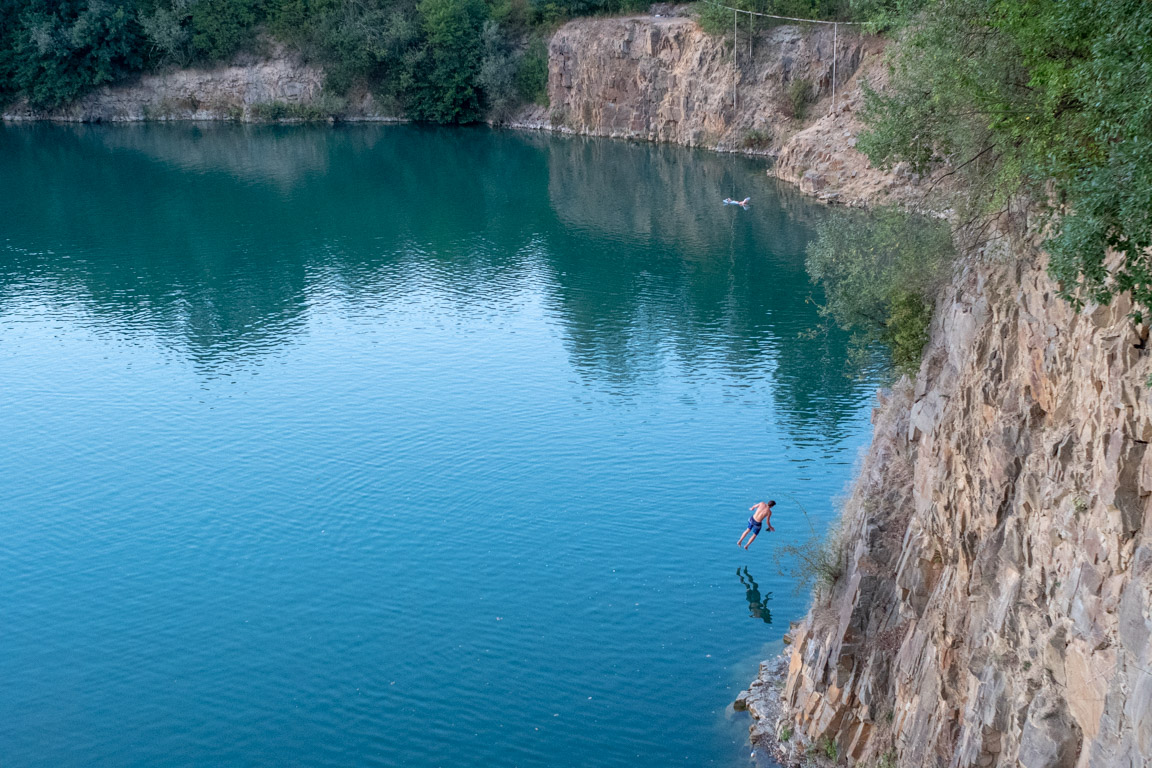

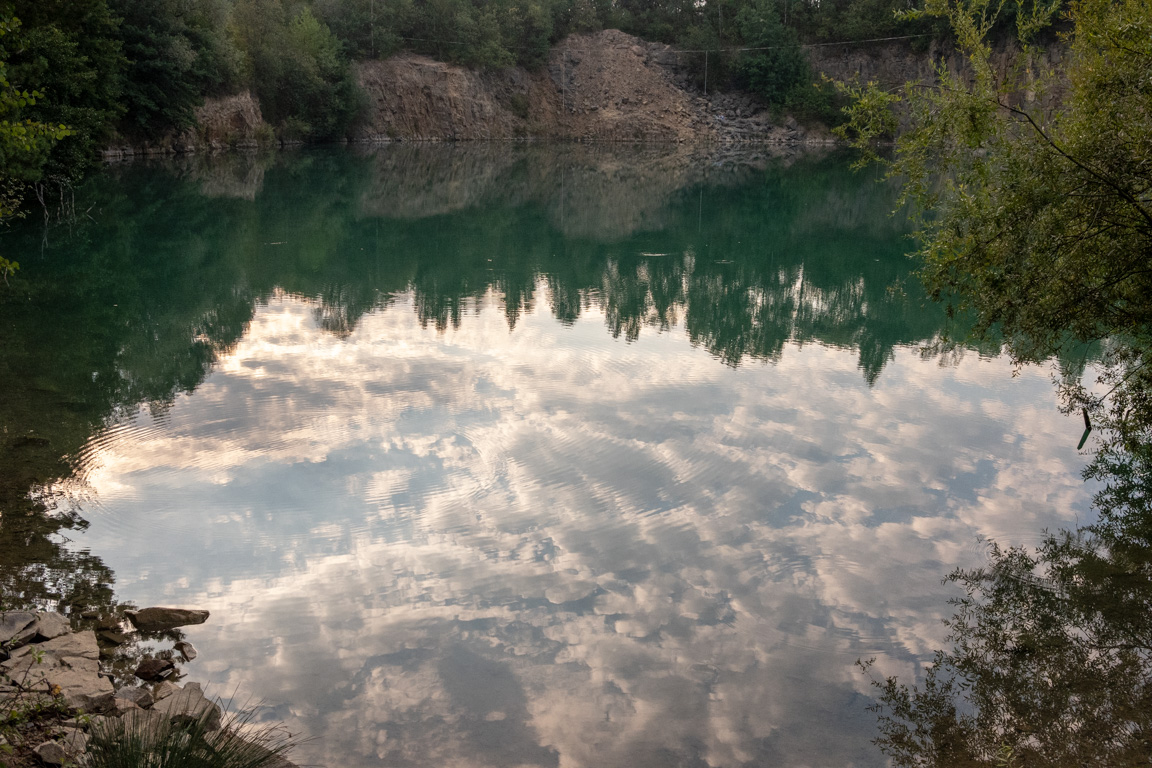

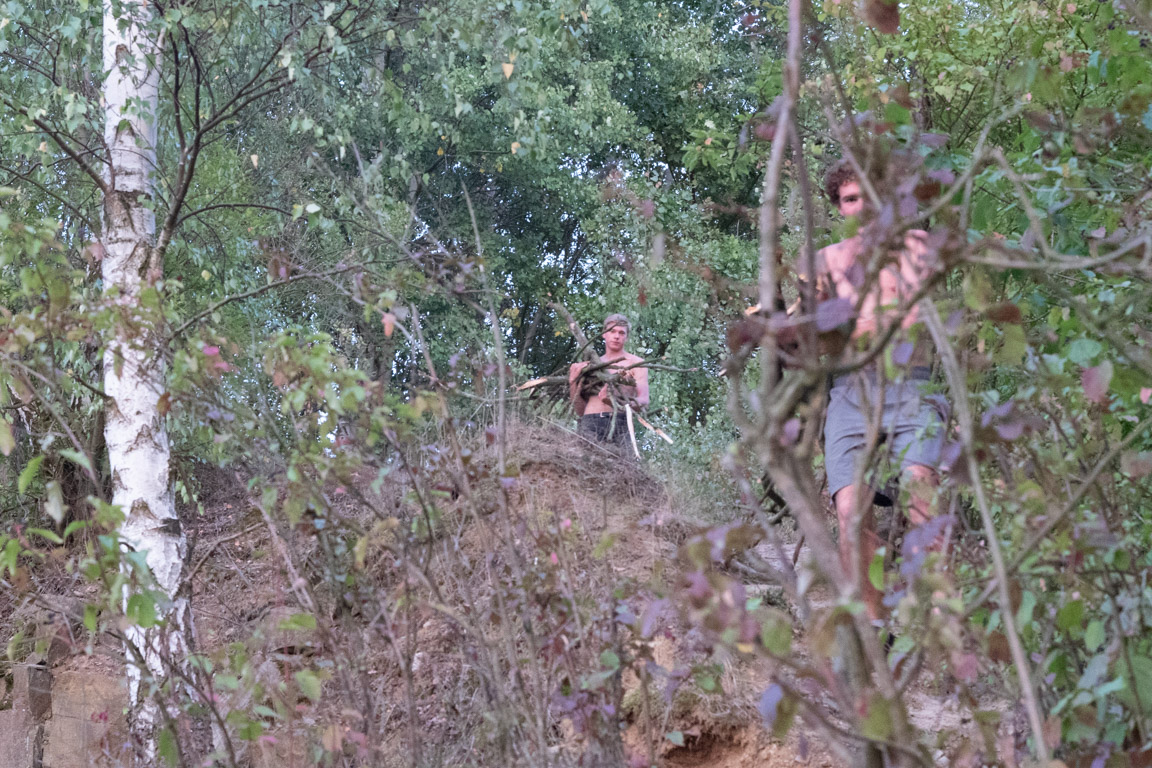
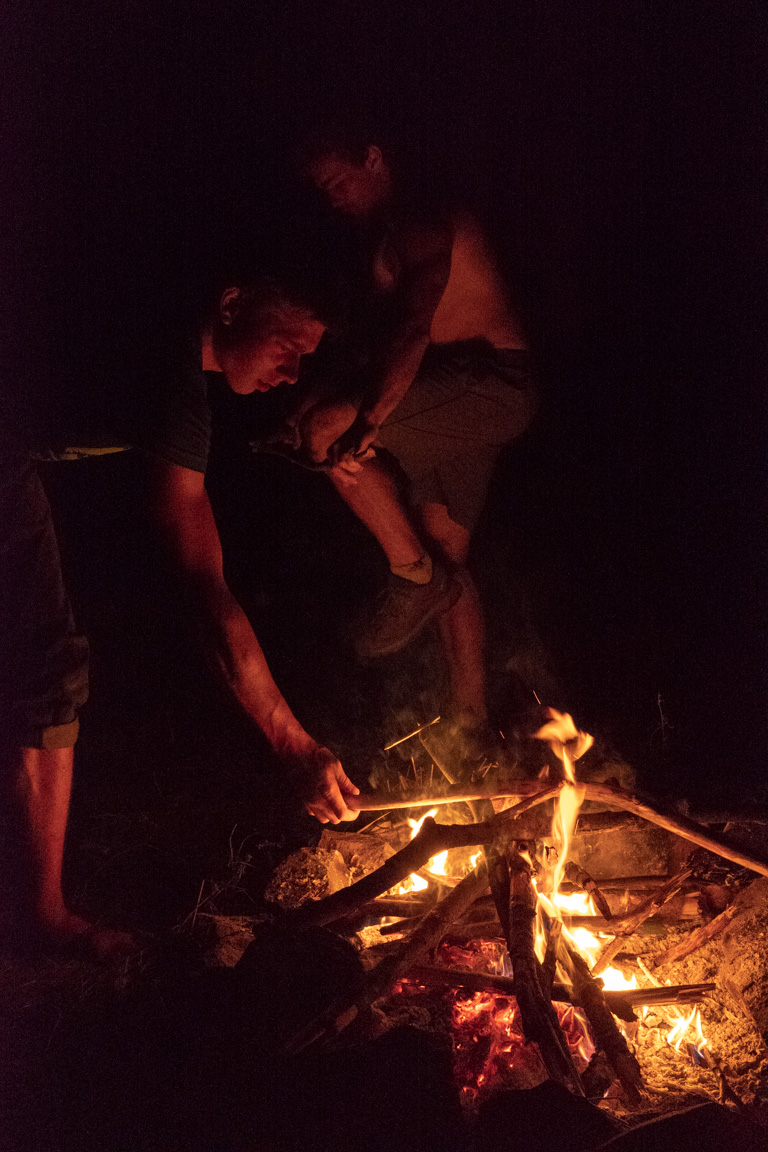
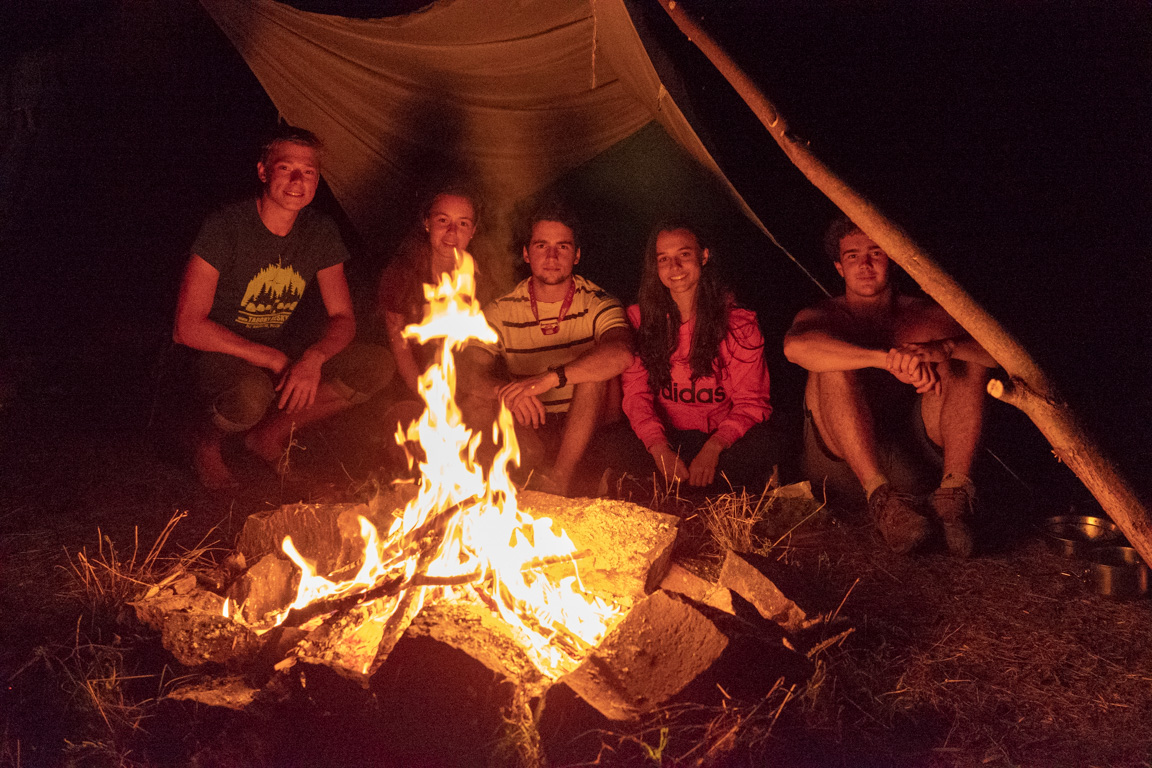

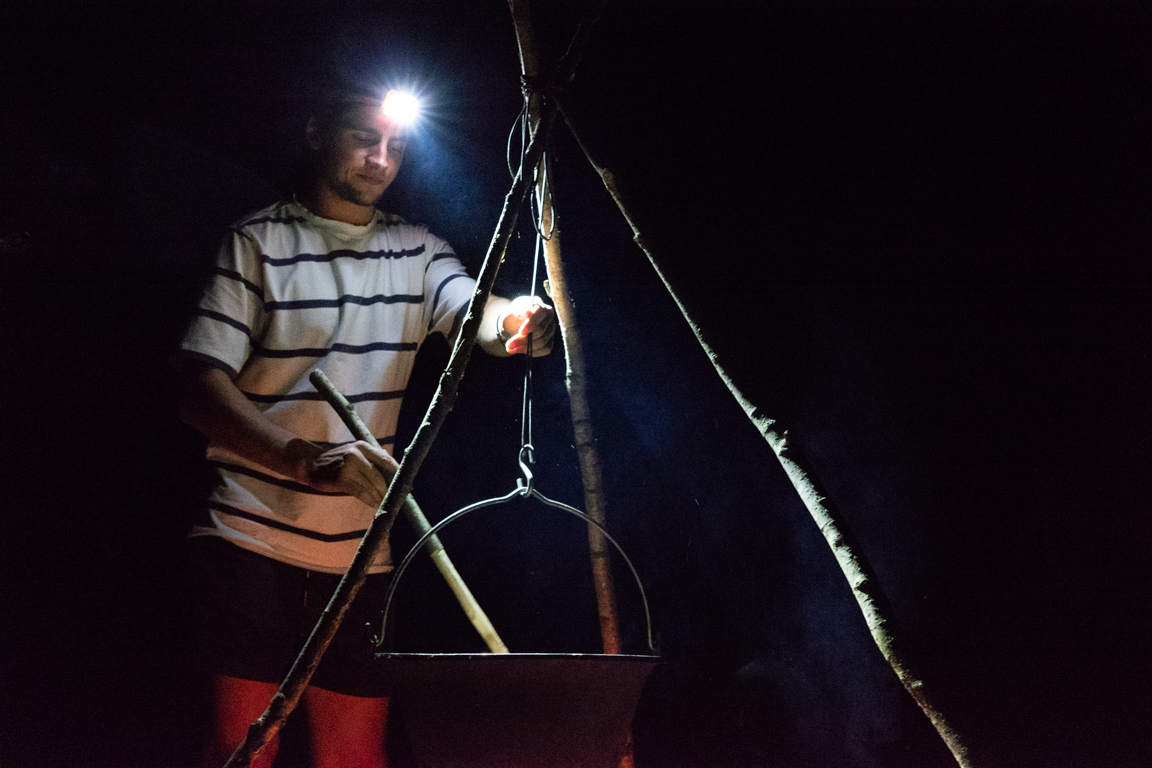
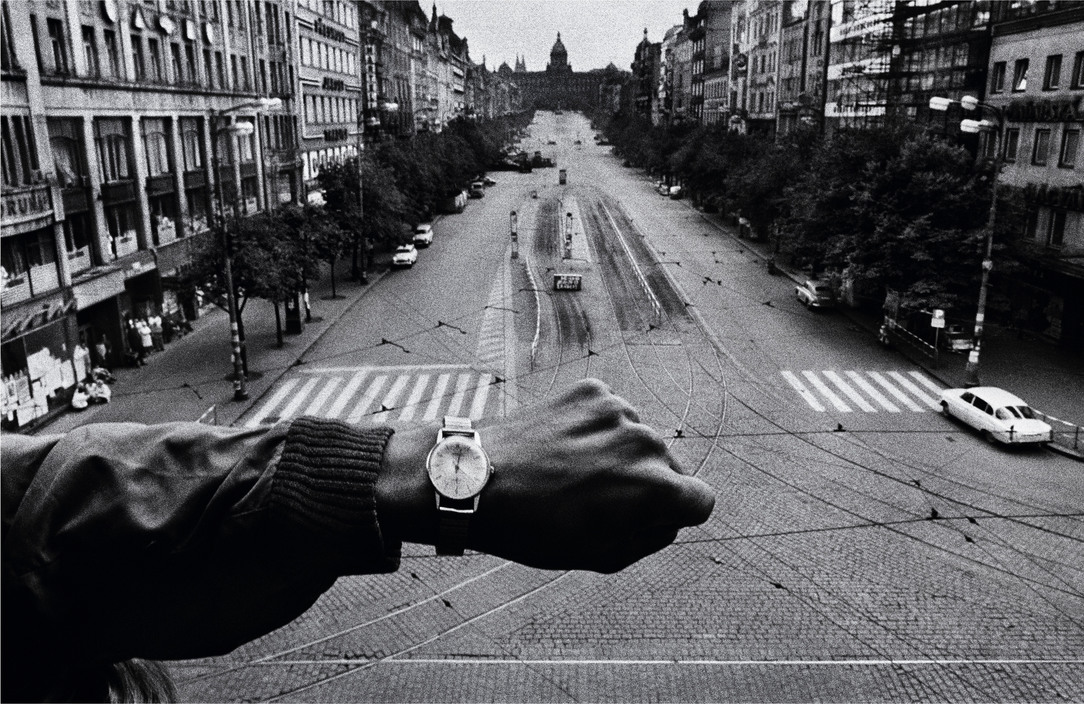
Really interesting post, very thought provoking.
Thanks Amy. It does seem to be a very interesting and exciting time for this beautiful nation.